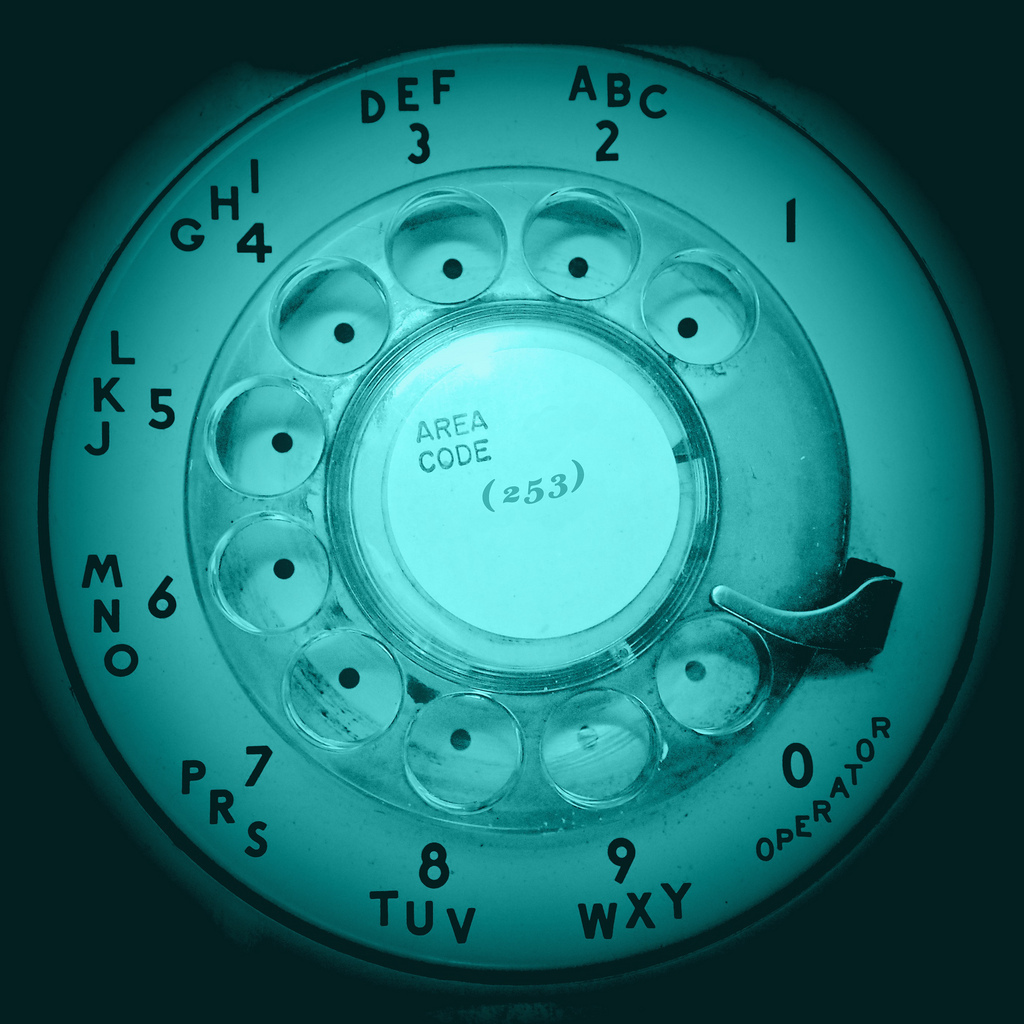Hero Nurses Save Grandparents From Wiring Thousands Of Dollars To Scammers Image courtesy of (БРАТСТВО)

(БРАТСТВО)
We’ve described the scam here before: the scammers call up random elderly people in the middle of the night, claiming to be their grandchild, far away and in the middle of a crisis. The fastest way to send money is to send a prepaid debit card or wire the money.
The conversation goes something like this:
VICTIM: Hello?
SCAMMER: Grandma, it’s me. I’m traveling in Canada and I need help.
VICTIM: Who is this? Brianna, is that you?
SCAMMER: Yes, it’s me, Brianna!
VICTIM: You sound different.
SCAMMER: I was in a car accident and broke my nose. I need your help, I need $5,000 right away!
Call enough numbers, and you’ll end up reaching someone with adult grandchildren who finds the story credible. It’s all simple social engineering. The nurses in Connecticut happened to have just received training on spotting financial scams targeting the elderly, including this exact scheme. The Ridgefield Press shared their stories of everyday, mundane heroism.
One patient called up the visiting nurse agency to ask for a ride to the bank due to an emergency, eventually explaining that her grandson needed $5,000 for bail. A credible-sounding man posing as his lawyer had called, but what the victim didn’t realize was that bail isn’t sent by wire transfer, or by “government courier” sent to an elderly relative’s home to pick up the cash. Once the nurse questioned this story, suddenly the problem was a car accident, and the $5,000 was needed to cover the costs of a car accident.
In another case, an off-duty nurse happened to overhear a conversation at the grocery store, where a couple in her eighties needed to send $2,800 to their grandson, who was stuck in South America with a broken nose. The “grandson” told them not to tell any family members, and that his own phone was broken so they wouldn’t be able to call him. The nurse intervened, explaining the scam and convincing the couple to contact another family member. Nope, the real grandson wasn’t even vacationing in Colombia.
How can you prevent this kind of thing? Make sure that your elderly relatives are aware of these scams. Consider establishing a family code word or a question involving a cherished family story or in-joke that you would have to answer in the case of an emergency, especially if the emergency requires that money be wired urgently to another country.
Nurses stop scam targets from becoming victims [Ridgefield Press]
Want more consumer news? Visit our parent organization, Consumer Reports, for the latest on scams, recalls, and other consumer issues.

